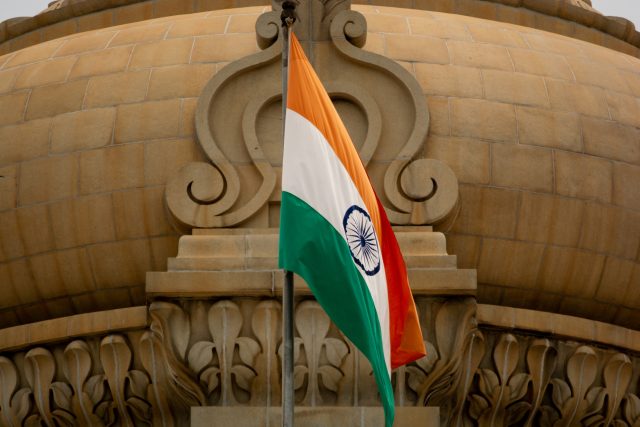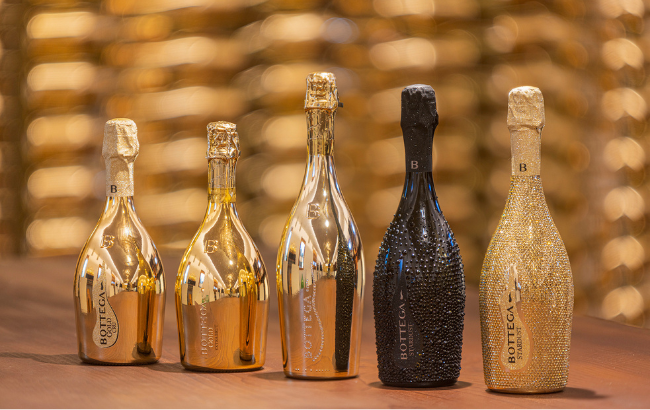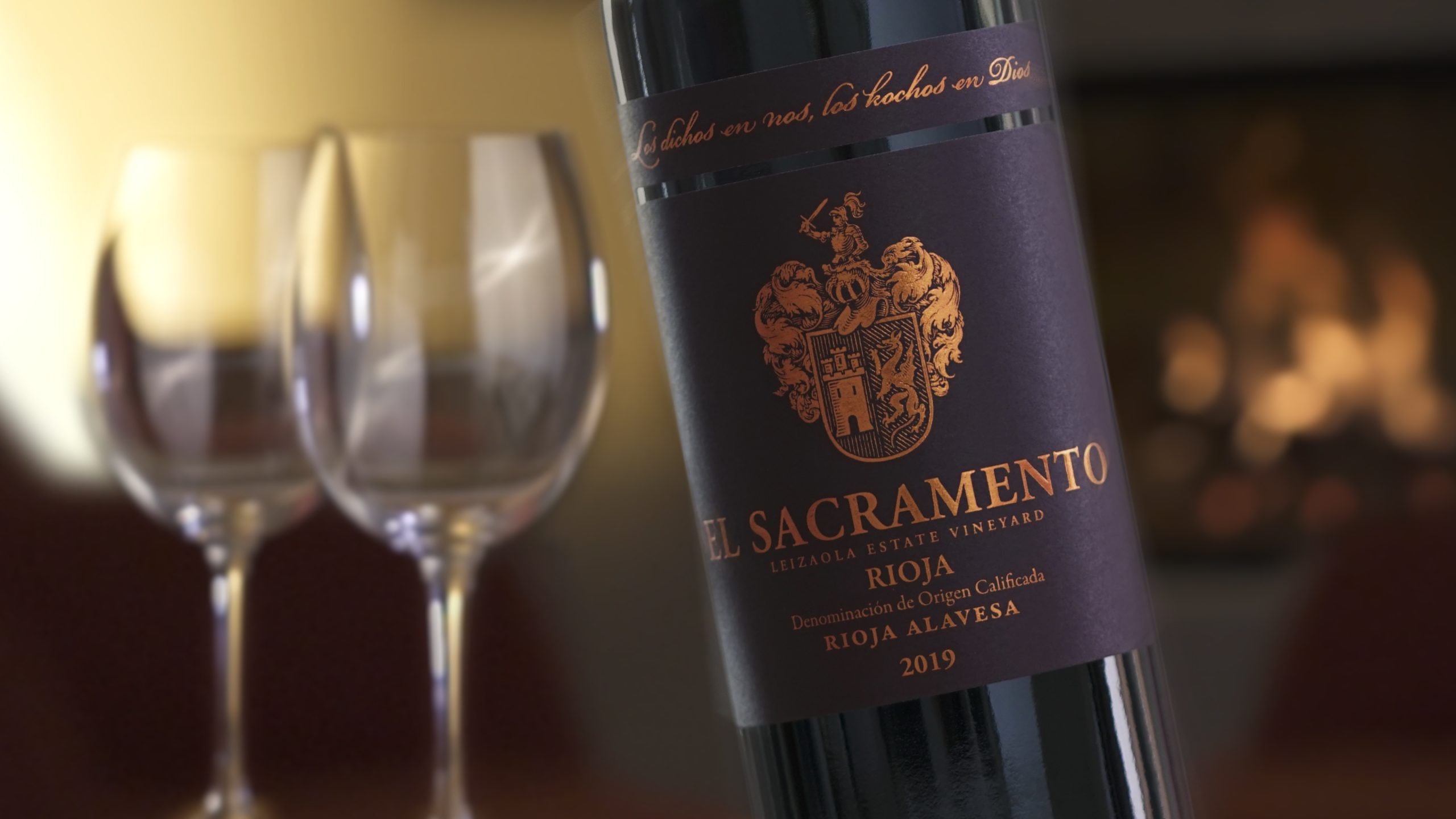A state-by-state guide to liquor laws in India
By Renuka KennedyWe break down the complex and often confusing state liquor laws across India, from dry territories to a government organised liquor outlet lucky draw.

India is known to be a diverse country and that is also the case with its liquor laws. Each state has a unique excise policy, meaning importers, producer and distributor wanting to enter the Indian market need to be wise to the different rules set by each state’s government.
Certain states have their own regulation regarding bottle labels, packaging and selling price, making it impossible to approach the Indian market as a single entity.
“The levels of bureaucracy are phenomenal,” says Luke Tegner, a consulting director for drinks market insights firm IWSR. “Whatever you do, you have to do on a state-by-state basis, you can’t do things nationwide, so you really need a well-connected, knowledgeable importer and distributor.”
In this state-by-state guide, we break down the complex network of laws in each state, from the requirement of licenses to import, export or sell liquor, to duties payable for the sale of alcohol.
Tamil Nadu
To remain compliant with their liquor license, individuals must ensure their stock does not exceed the permitted amount and that all beverages are kept in their original packaging.
For an alcoholic beverage to be served or sold under the license, its packaging should have the manufacturer’s name, be sealed, wired and have a cork, capsule or covered using metallic foil. While liquors within the country should specify that they were made in India, liquors produced in foreign countries should mention the place and date of manufacture.
All spirits must be at least 25 degrees under proof except gin which should be 35 degrees under proof.
Kerala
A new policy states that restaurants in tourist zones can acquire liquor licenses more easily and serve wine and beer. In efforts to promote toddy, an alcoholic drink that is made from fermenting coconut flowers, the state government also announced plans such as revamping toddy shops; and selling toddy as a natural and traditional beverage.
Additionally, three-star and above hotels will be allowed to serve alcohol and manufacture toddy from coconut trees near their location.
International brands wanting to sell their liquors or wines should apply for permission on the Kerala Government e-Tender Portal directly or through a government-approved vendor, which the Corporation’s Board of Directors will evaluate.
Karnataka
Karnataka’s liquor permit asks for details such as the name of the person to whom the permit is issued, the quantity and type of alcohol allowed, the validity of the pass, the place from which the liquor is imported and the location where it will be delivered.
Wholesalers and vendors wanting to sell alcohol can apply for this permit, and vendors are allowed to keep only the number of bottles that the government has approved for them to sell in the shop. The rest should be stored in a warehouse for which the vendor will have to pay rent.
Andhra Pradesh
Once a liquor license is granted, the licensee should inform the state’s Excise Department how much liquor is in stock, and this number should not exceed the limits mentioned when the department issued the license.
A licensee will be penalised if they market an Indian Made Foreign Liquor as a foreign liquor using fake labels. The licensee is also strictly prohibited from altering a drink, a crime which is punishable by two years in prison or a fine of up to INR100,000 (£947) if such alterations lead to a person’s disability or death.
Telangana
With less than 3,000 liquor outlets in Telangana, the permits to operate them were granted through a lucky draw for which the government received 130 thousand applications last year. The permit which was given in August 2023 allowed the licensee to start business in December and operate their shops until 2025.
Maharashtra
The Bombay Prohibition Act of 1949 states that individuals need a permit to purchase and consume foreign and country liquor, and the person has to be 25 and above Sellers should therefore confirm that the buyer is of age before sale. The legal drinking age in most of the other states is 21.
Chhattisgarh
In this state, the government groups liquor shops in a particular area and collectively provides one license to all these shops. Liquor shops in Chhattisgarh can keep more stock than the state’s government allows but the shops should pay the regular tax rate for the extra bottles. The minimum retail selling price of country and foreign liquor is also fixed by the Government.
A vendor will also need to pay the import duty taxes to import foreign liquor into this state, after which they will have to apply for an FL1 license to sell it.
Odisha
The local government will issue licenses depending on whether a product falls under the category of Indian made foreign liquor, foreign liquor, country liquor or other alcoholic drinks. This is further separated into on- and off-trade licenses.
The state’s liquor laws are particularly lenient in areas attracting a higher tourist crowd. The alcohol permit license fee for hotels part of the Odisha Tourism Development Corporation or the India Tourism Development Corporation is half the price compared to the other hotels, and liquor service can be made available at beach shacks for tourism purposes.
Gujarat
Gujarat was a dry state until December 2023, when the government made announcements to reduce its liquor restrictions. Currently, alcohol can be consumed in restaurants located in the state’s Gujarat International Finance Tec-City.
Madhya Pradesh
While Madhya Pradesh provides different licenses to vendors depending on whether they are selling foreign liquor or liquor that is made locally, the state has been taking extra measures to reduce alcohol consumption. The government has not approved opening any new liquor shops since 2010, and the Excise Department has announced it will be shutting down outlets within a hundred-metre radius of ladies’ hostels and educational and religious institutions.
Bihar
Bihar has banned the sale and consumption of liquor in its state since 2016.
Jharkhand
For an alcoholic drink to be sold in Jharkhand, the bottle’s label has to specify a list of details mentioned in Section 3A of the Jharkhand Excise (Label Registration/Renewal & Fixation of Price of Liquor) Rules, 2014. Such details include the type of liquor, the brand name, the manufacturing country, the address of the production unit, the manufacturing date, the expiry date and more.
West Bengal
To bring more than one bottle of liquor into the state, even private individuals need to pass and pay duty taxes. Unlike vendors who will need a license to sell liquor, a private individual who has obtained foreign liquor through legal means can sell their possession without a license.
Uttar Pradesh
Provided that a person has a foreign liquor license, Uttar Pradesh has no limits on the number of foreign liquor bottles they can import.
Partner Content
Foreign liquor licenses can be used to import Indian made foreign liquor too.
Last year, the government declared that starting in April 2024, it would help vendors set up a hundred-square-foot spot for customers to drink beers near their shops. However, no food should be served.
Rajasthan
While a license is generally required to import liquor in Rajasthan, the military will not need a license to import rum; they just need to pay the taxes. The Excise Department has the right to check the goods once it has been imported.
The state generally issues either on- or off-trade licenses, in addition to which there are separate permits issued for hotels, clubs, canteens and more. Businesses can also apply for an occasional license if they plan to serve or sell alcohol for less than 30 days.
Delhi
For manufacturers to sell their alcohol in Delhi, they have to register their brands and product labels with the Excise Department directly or through a licensed vendor. Both Indian and foreign brands have to get trademarked in India before selling in Delhi, with only beer and wines not needing a trademark for registration.
Delhi’s latest updates in the excise policy permit the online sale of liquor.
Additionally, if a person has a retail license, they cannot apply for a wholesale license, and vice versa.
Haryana
Haryana’s government has made its newest policy less strict for retailers to sell alcohol so that the state can earn more funds through these sales. The Excise Department will help vendors set up shops in places that are likely to attract more consumers, for which the vendor will have to pay the property’s rent to the department.
For sales within the state, all labels on liquor products must be pre-registered with the Excise Department by the seller, importer, or manufacturer. While registering foreign liquors, the brand or the importer should submit a letter of authorisation.
Uttarakhand
Similar to Haryana, Uttarakhand has also tweaked its excise policies to allow the government to generate more income through the alcoholic beverage industry. Simultaneously, the state also hopes to generate revenue for farmers by encouraging manufacturers to use botanicals and other resources from the Himalayas. Moreover, the policy includes provisions for establishing micro-distilleries in hilly areas, making way for innovation and investment in these regions.
Himachal Pradesh
The Himachal Pradesh’s Excise Department will be providing liquor licenses for the annual year 2024-25 through an auction and bidding process. The licenses will specify if the vendor is allowed to sell in a rural area or an urban area.
Vendors can buy their stock from a licensed wholesaler and for a bottle to be sold, its label should have the statutory warning lines written on it.
Punjab
In Punjab, one can bid to get a liquor license if they have filed income tax returns consecutively in the previous three years. When applying for a retail license, the individual cannot apply for a wholesaler license, and vice versa as the government wants to avoid monopoly.
All liquor retailers should keep their shops open only until midnight, but liquor shops located within a 50-metre distance from a railway station can operate extra hours by paying an additional fee.
Jammu & Kashmir
Potential bar owners can buy bars through bidding, and they can bid for as many outlets as they would like by paying the fee for each shop. Bars in Jammu & Kashmir are particularly required to have digital payment options and provide invoice copies when requested by the customer; denying would lead to a fine of INR5,000 (£47) each time.
Additionally, the state is hoping to increase the consumption of liquor with a lower ABV, so it is giving out a special license, called the JKEL 2A License, to vendors selling beers and RTDs.
Arunachal Pradesh
Arunachal Pradesh only allows imports and exports that are approved by authorities like army officers and para-military forces. Intoxicants can also be imported for scientific, medicinal, industrial and other important reasons.
An individual who has legally bought foreign liquor can sell it privately. However, one should not tamper with the packaging of locally manufactured alcohol and sell it as foreign liquor.
Assam
Only a person who has a wholesaler license can import liquor in Assam. The licensee should wait to unpack the imported goods for two days or until the Excise Department informs them that there is no need to check the items, whichever is the earliest.
Also, in Assam, retailers should refrain from stocking any foreign liquor that has been deemed unwholesome by the state’s Excise Department.
Manipur
Manipur lifted its 30-year liquor ban in 2022, allowing the sale of liquor at limited places such as district headquarters and hotels with more than 20 beds. The new law also permits the export of country liquor.
Mizoram
Mizoram was declared a dry state in 2019 but the government later allowed the sale of wines that were locally manufactured from grapes grown in the state.
Nagaland
It has been illegal to import, possess, export or sell liquor in Nagaland since the state passed the Nagaland Liquor Total Prohibition (NLTP) Act, 1989.
Meghalaya
Businesses and individuals need to pay duties to import, export or sell liquor, and the government announced an increase in the excise duty by 15% in 2023.
Sikkim
Alcohol can be imported into Sikkim with a pass from the government, and the Excise Department should be informed every time a stock is delivered so that they can check the consignment and declare if the liquor would be permitted to be sold.
Such sales can only be done within the locations permitted by the Excise Department and the retailer can only sell a maximum of 12 bottles of IMFL or five cases of beer per person.
Tripura
Import of liquor is only permitted for individuals with a license to sell the said liquor, thus a person who has a foreign liquor license cannot sell locally produced country liquor, and vice-versa.
Related news
Should Rioja increase its focus on white wine?
The 'family spirit' behind Champagne Gardet's 130th anniversary




